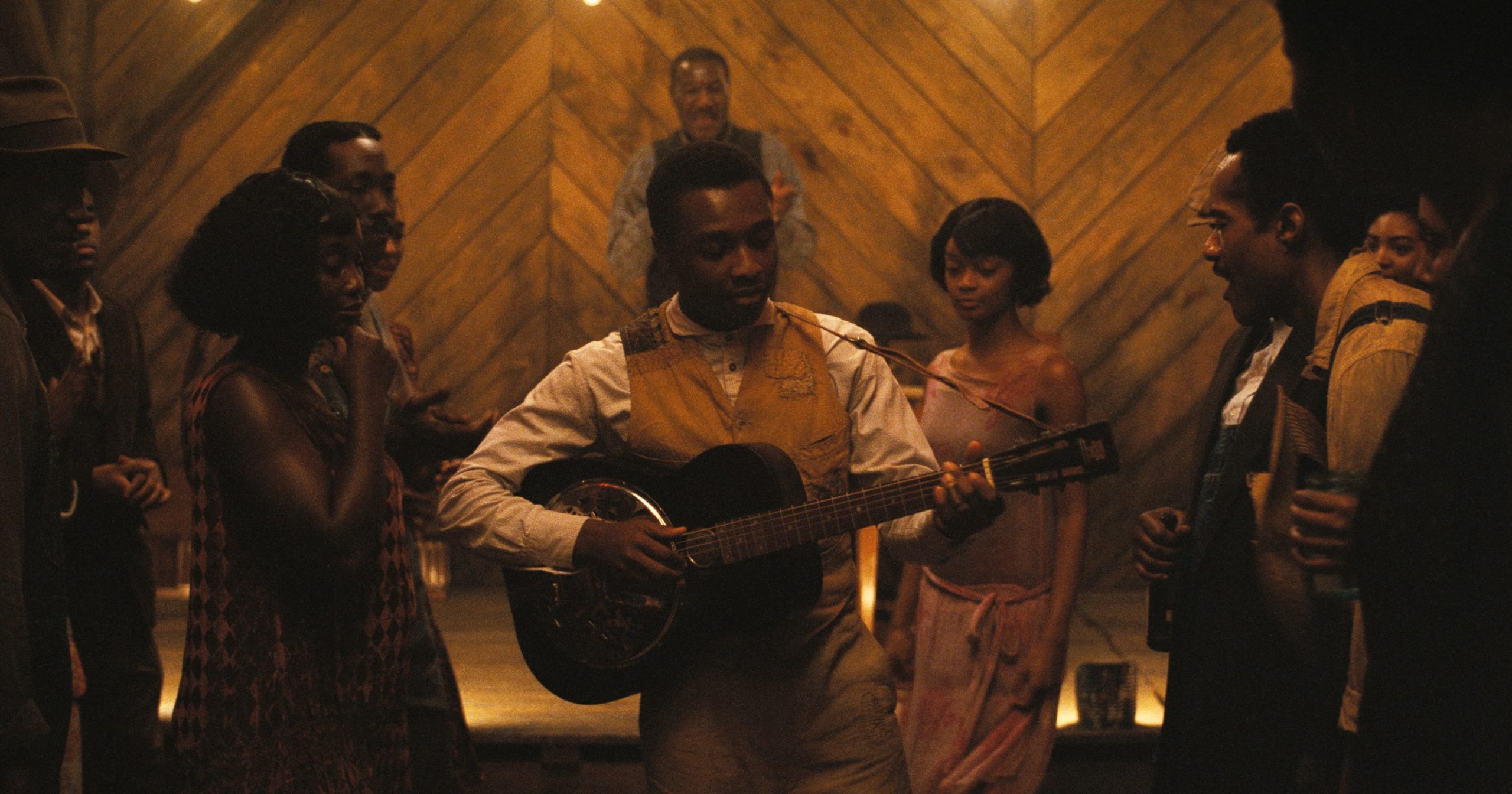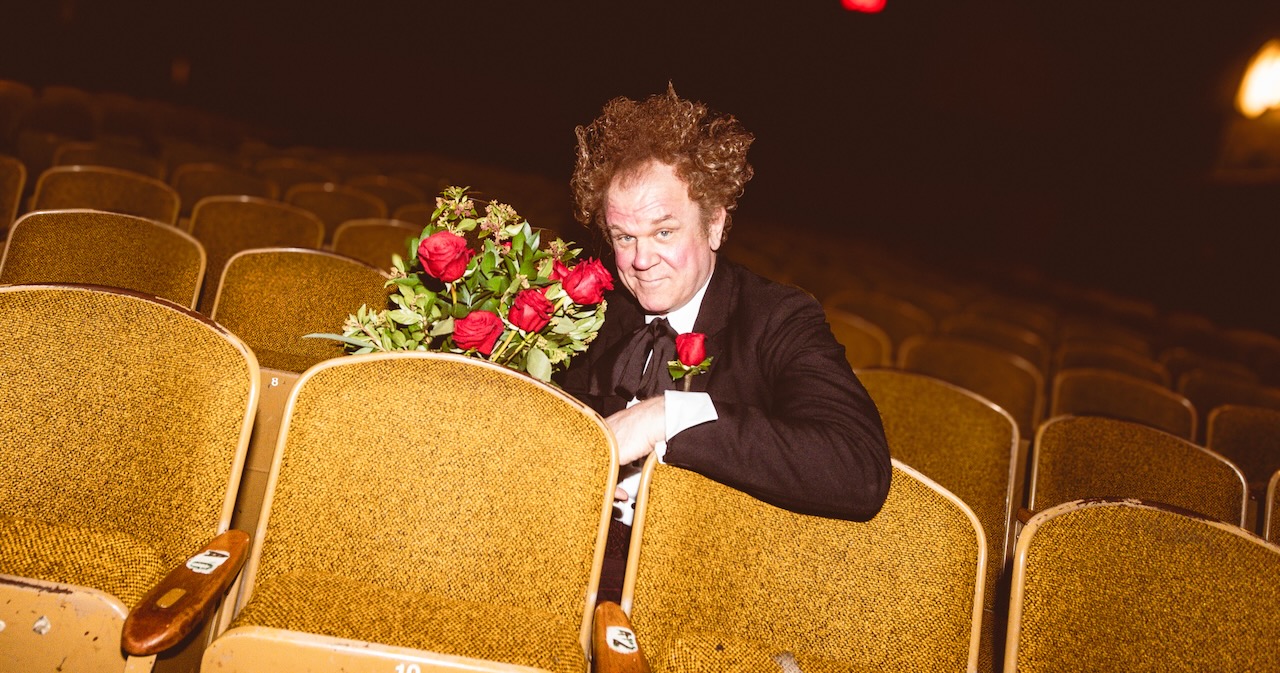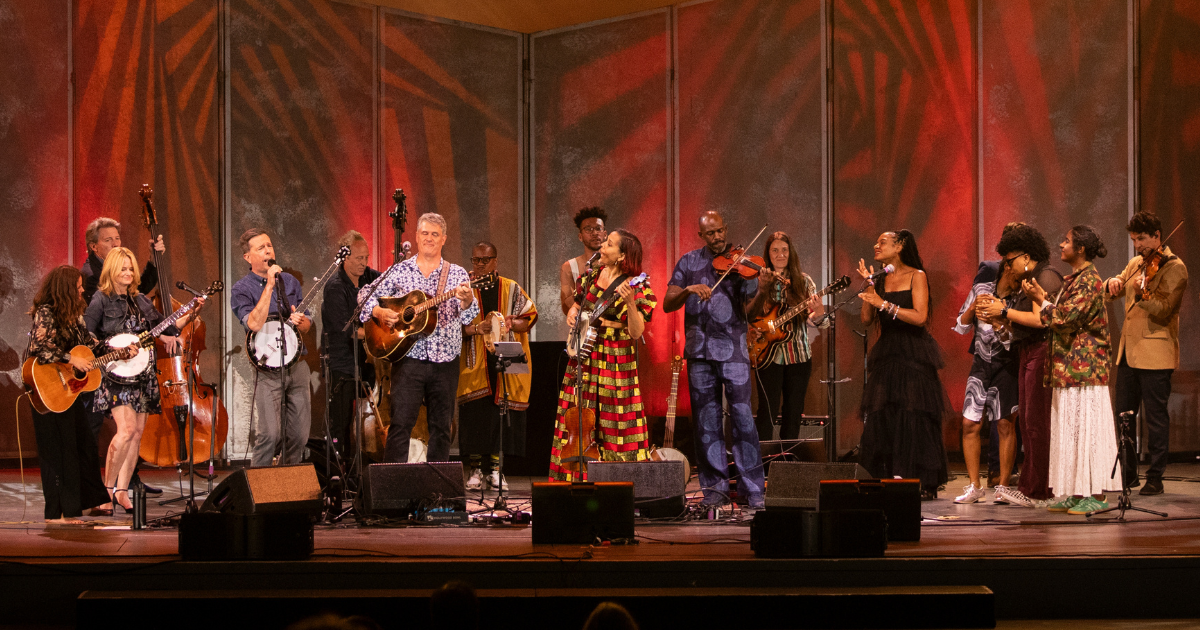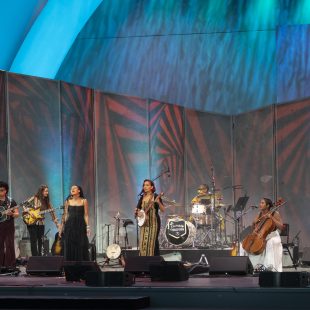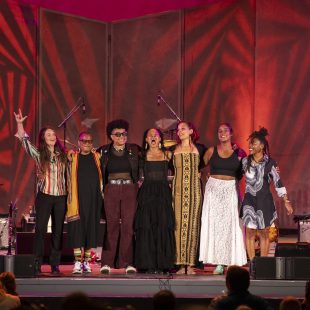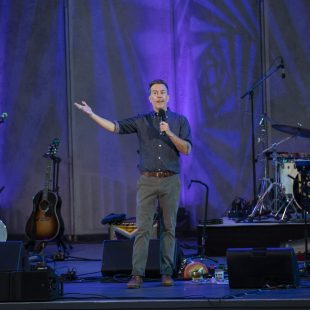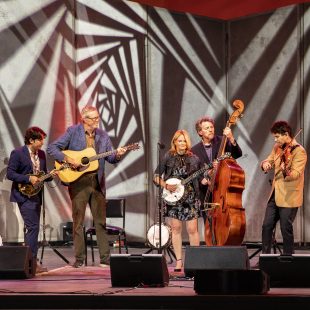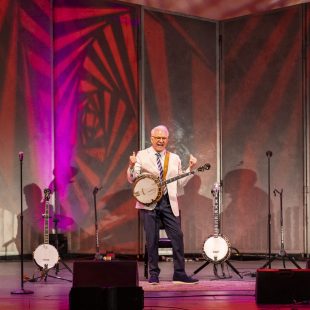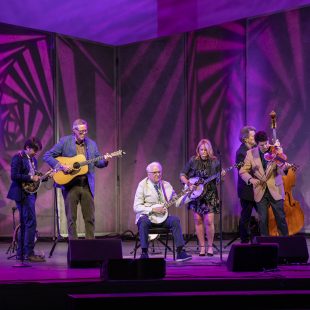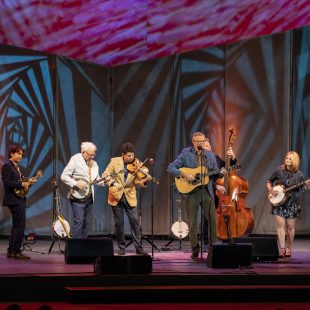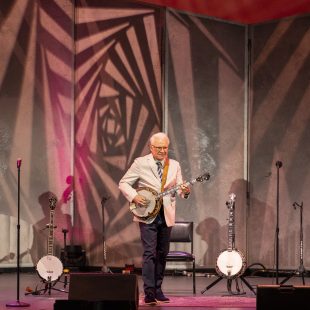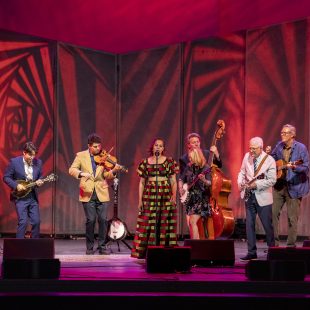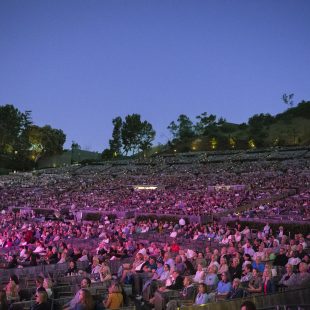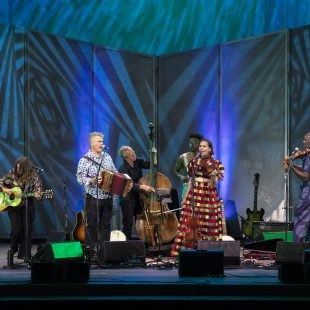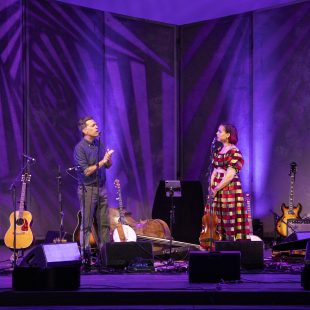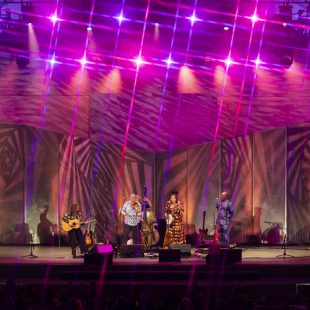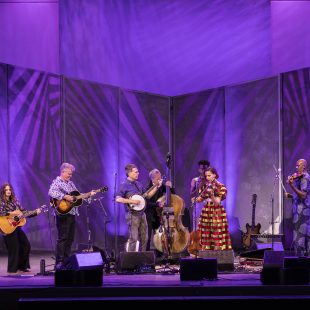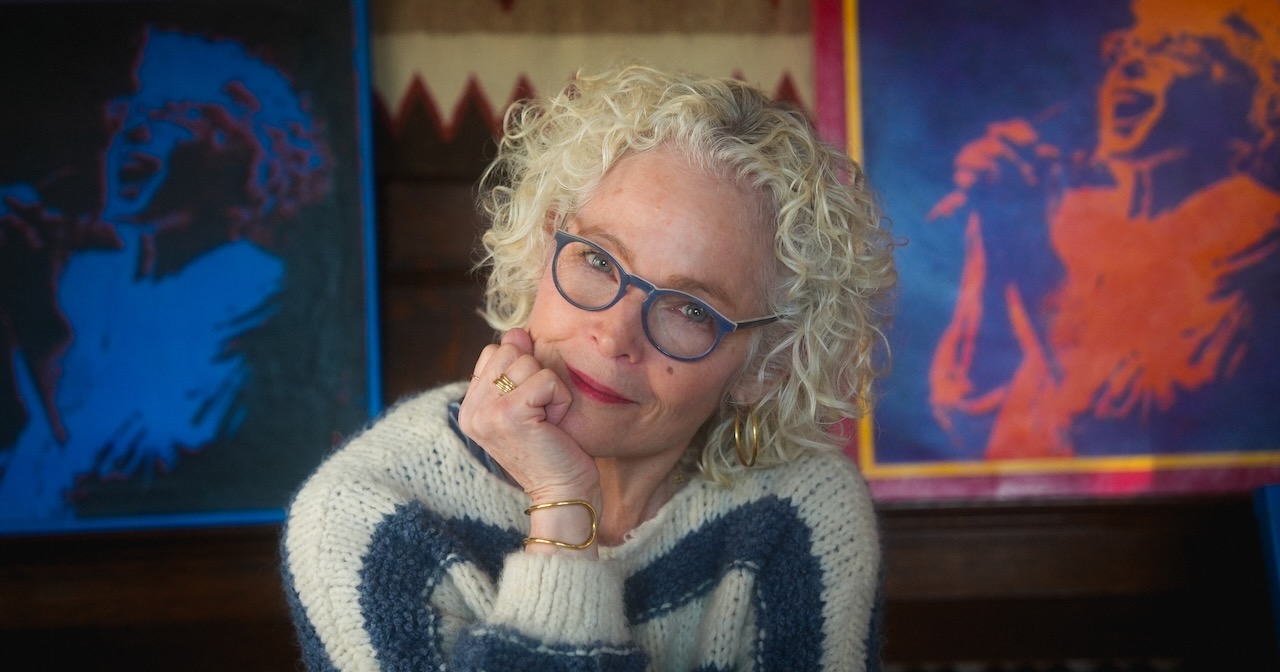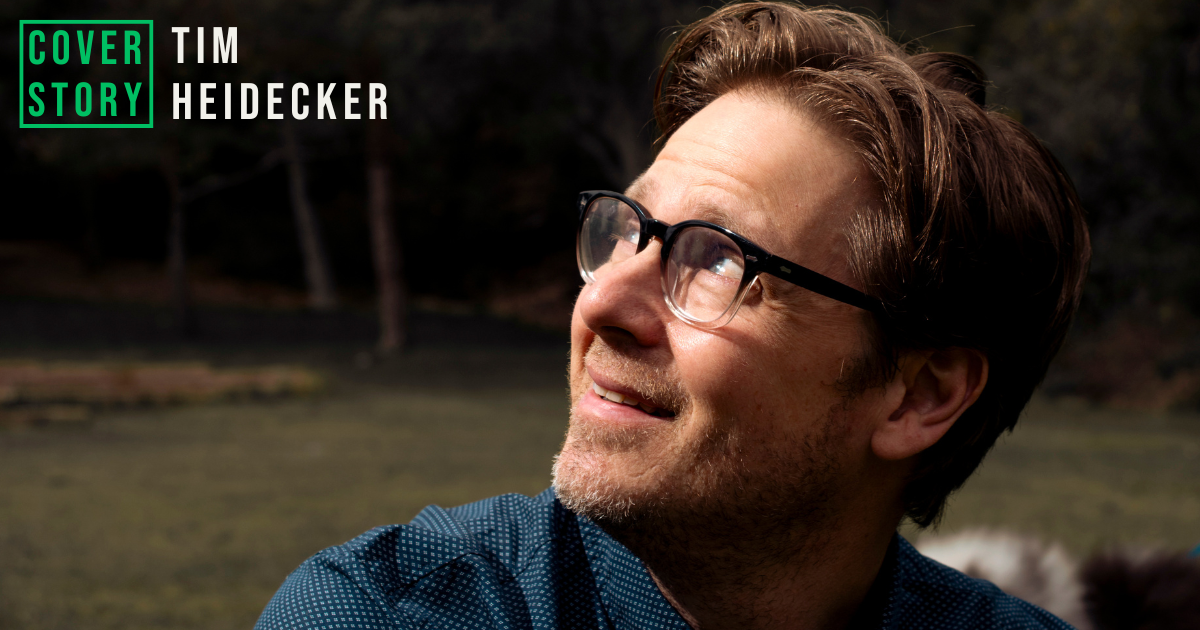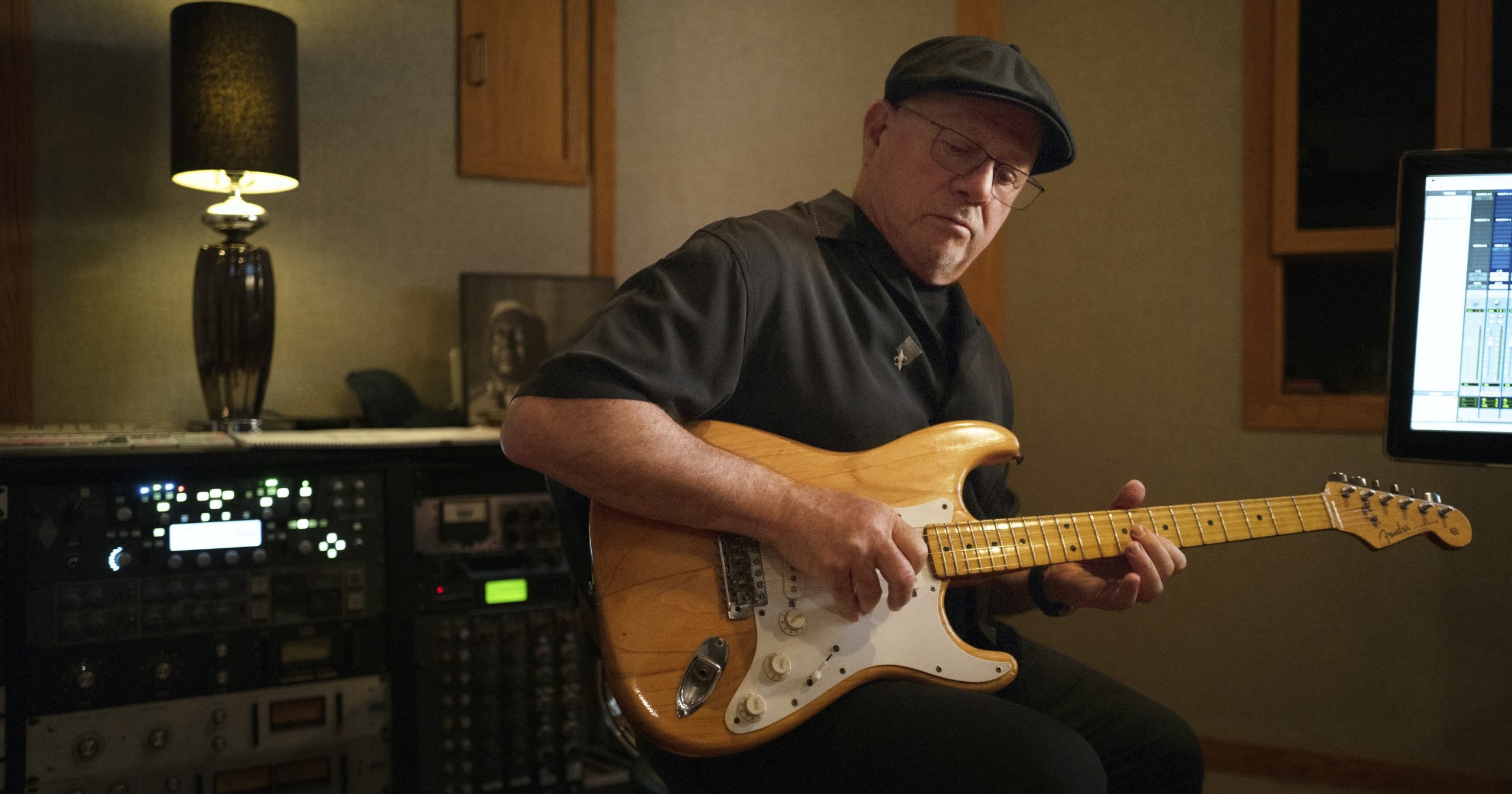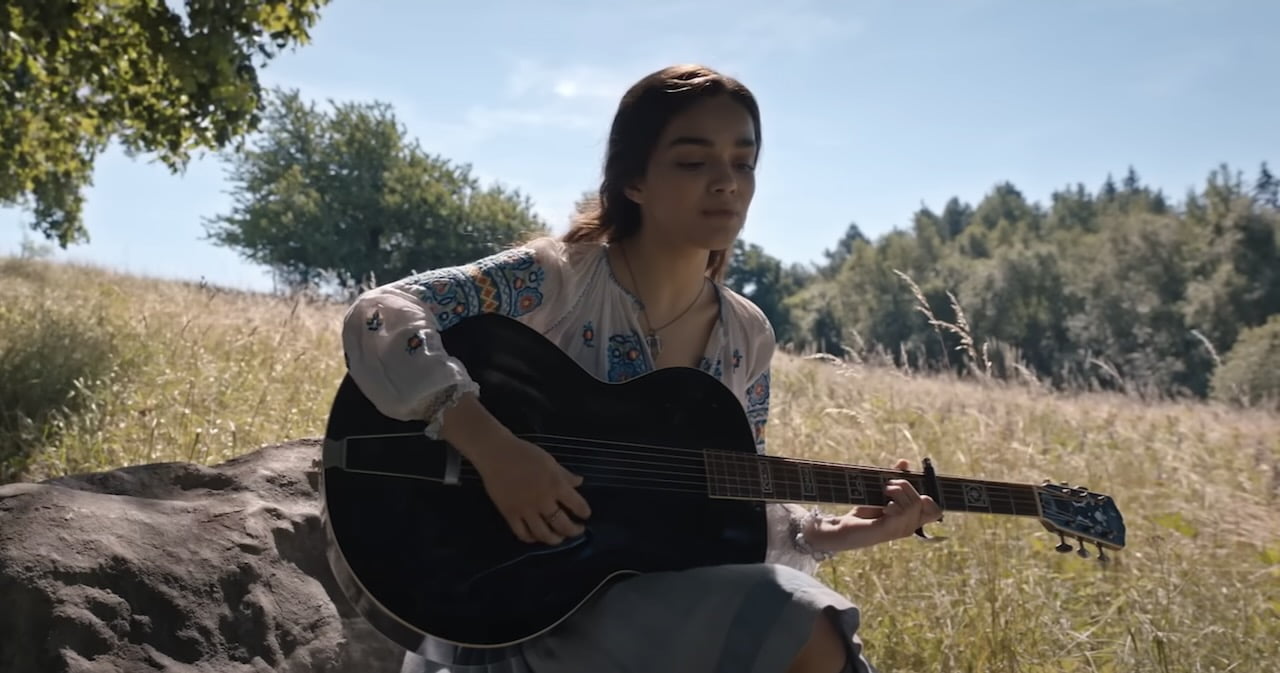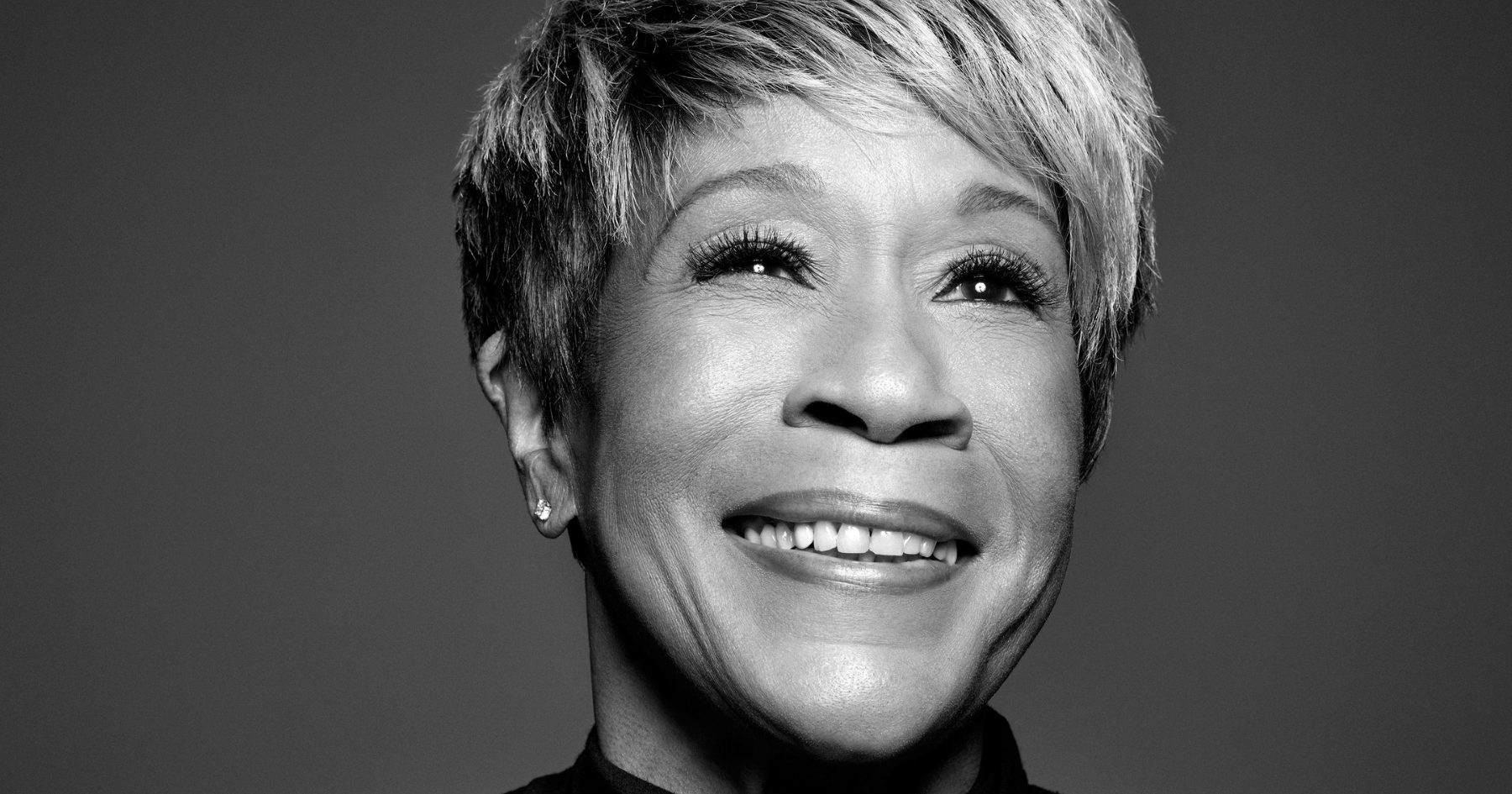(Writer’s Note: If you haven’t seen Sinners yet, be warned – there are significant spoilers below.)
“There are legends of people born with the gift of making music so true it can pierce the veil between life and death, conjuring spirits from the past and the future…”
So begins the film Sinners, the epic Southern gothic horror film from acclaimed director Ryan Coogler (Fruitvale Station, Black Panther). Sinners tells of twins Smoke and Stack Moore (both played by a fantastic Michael B. Jordan), who open a juke joint with the help of their cousin Sammie (Miles Caton) in their small Mississippi hometown in 1932. Driven by a love for blues music and a desire to create a safe gathering place for other Black people, the twins establish Club Juke at a defunct sawmill, unwittingly setting into motion a sinister chain of events.
That opening narration, which points to Sammie and his prodigious musical gifts, accompanies an evocative montage of folk imagery, as the narrator outlines the importance of musical storytellers within tight-knit communities. One such folk figure is the West African griot, a protector of oral tradition who also often served as leaders in their communities. The montage is backed by haunting resonator guitar, a musical motif that will repeat throughout the film.
Coogler tapped the GRAMMY- and Oscar-winning composer Ludwig Göransson to score Sinners, continuing the creative partnership the two began with Coogler’s 2013 film Fruitvale Station (which also stars Michael B. Jordan). Rootsy and atmospheric, the score takes blues influences and ratchets up the tension with strings and percussion to suit the horror themes that unfold midway through the story.
Artists who perform on the Sinners soundtrack include Brittany Howard, Cedric Burnside, Rhiannon Giddens, Alice Smith and Rod Wave. Players on the Sinners score include Buddy Guy, Bobby Rush, Justin Robinson, and Leyla McCalla. Roots musician and actor Lola Kirke appears in the film as Joan, a member of the KKK who becomes a vampire.
Sinners is set in Clarksdale, Mississippi, a Delta city famous for its rich blues music history and for its role in the Great Migration, which, on the whole, found over six million Black Americans leaving the Southeast for large cities in other regions – including Chicago, Detroit, New York City and Cleveland – in order to flee racial segregation, Jim Crow laws and racial violence like lynching.
Dense with musical references, Sinners incorporates blues history into the naming of its characters, too. Stack’s name likely references the classic American folk song “Stagger Lee,” also known as “Stagolee” or “Stack O’ Lee Blues.” That tune tells the story of a real-life man and professional procurer, Lee Shelton, who lived in St. Louis, Missouri, in the late 1800s. Friends called Shelton “Stag” because of his perpetual bachelorhood, and, at times, “Stag” became “Stack.” On Christmas Day, 1895, Stack shot and killed a man named Billy Lyons after Lyons stole Stack’s Stetson cowboy hat, and the rest would soon become musical history.
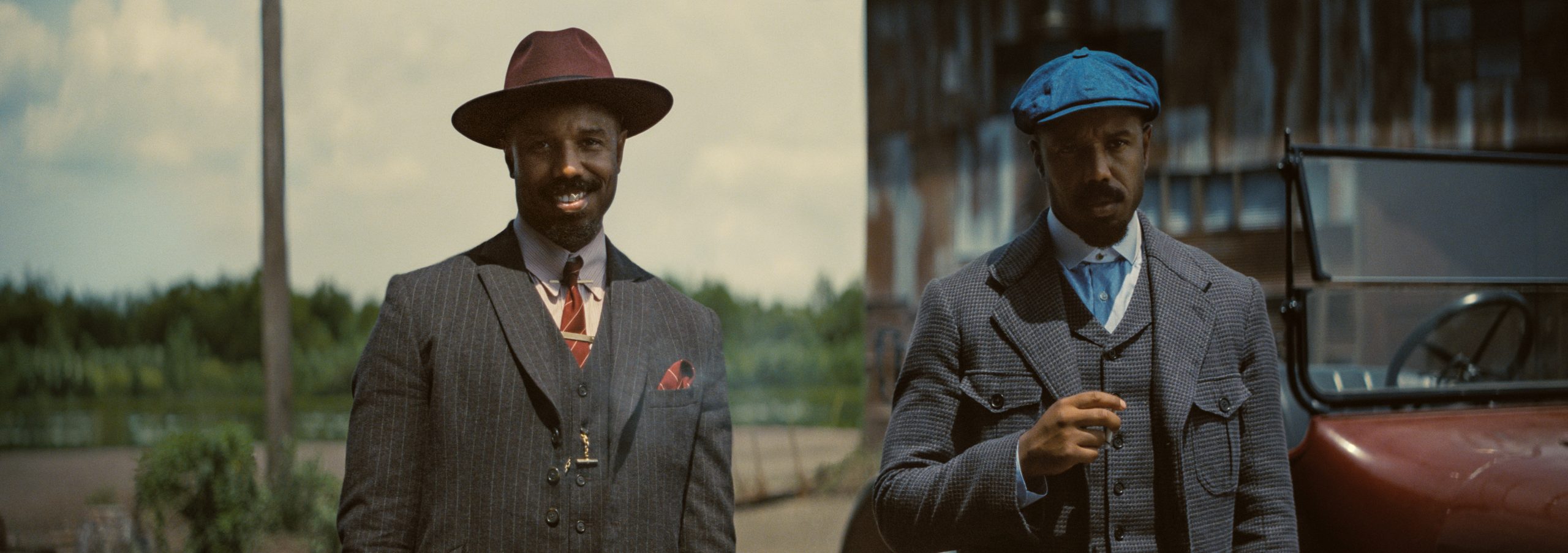
The song’s original writer is unknown, and it has been recorded and performed by a bevy of artists in the intervening decades. One of the most popular recordings is performed by Mississippi John Hurt, a pioneering blues artist. In 1957, Louisiana-born R&B singer Lloyd Price rewrote the song as an upbeat rock number, scoring a number one Billboard pop hit. When Price performed the song on American Bandstand, host Dick Clark had him tone down the “violent” lyrics by giving the song a happy ending.
While Stack’s name is loaded with meaning, the name Smoke is more ambiguous, though as a pair the twins’ names could point to “Smokestack Lightning,” a 1956 song by another Mississippi blues artist, Howlin’ Wolf.
The plot kicks off in earnest when Stack and Smoke return to Clarksdale from Chicago, where they hoped to escape the Jim Crow racism of their home state. Disillusioned by the racism they still encountered once there, the brothers decide to move home to establish Club Juke, recruiting their cousin Sammie to be part of the house band. Sammie is rarely seen without his guitar, a 1932 Dobro Cyclops resonator that Göransson used to record much of the film’s score.
Stack claims that the guitar he and Smoke give to Sammie once belonged to Charley Patton, the Mississippi-born singer and guitarist widely considered to be the “father of the Delta Blues.” (At the movie’s end, Smoke reveals the truth to Sammie: that the guitar actually belonged to his and Stack’s father all along.) Showing Stack his chops, Sammie performs “Travelin’,” a song original to the film.
The emotional and artistic high point of Sinners is a surreal, mid-party musical number that connects the blues to Black music traditions from past and future eras, including hip-hop and rock and roll. The scene begins at Club Juke, with Sammie performing the original song “I Lied to You.” The character Delta Slim soon delivers a short monologue, telling Sammie, “Blues wasn’t forced on us like that religion. Nah, son, we brought this with us from home. It’s magic, what we do. It’s sacred, and big.”
When the opening narration replays after Slim’s speech, things get psychedelic. An electric guitarist dressed in ‘70s rock and roll regalia appears, shredding licks while Club Juke dances around him. A DJ booth appears, with a man in ‘80s hip-hop-inspired clothing behind the boards. B-boys dance among club-goers, and a West African griot appears carrying a drum. Time dissolves as boundaries between musical traditions blur, capturing the essence of 20th-century Black music in one stunning scene.
Trouble starts when a trio of vampiric folk musicians (yes, you read that right) tries to enter Club Juke, hoping to perform. That image of a literal blood-sucking monster in no small part resembles the white colonization of Black music, particularly blues music, adding gravitas to the unexpected plot development. The trio tries to woo their way in with a folksy version of the traditional blues song “Pick Poor Robin Clean,” made popular by Virgninia-born blues artist Luke Jordan in 1927 and the artists Geeshie Wiley and Elvie Thomas – from Louisiana and Texas, respectively – in 1931.
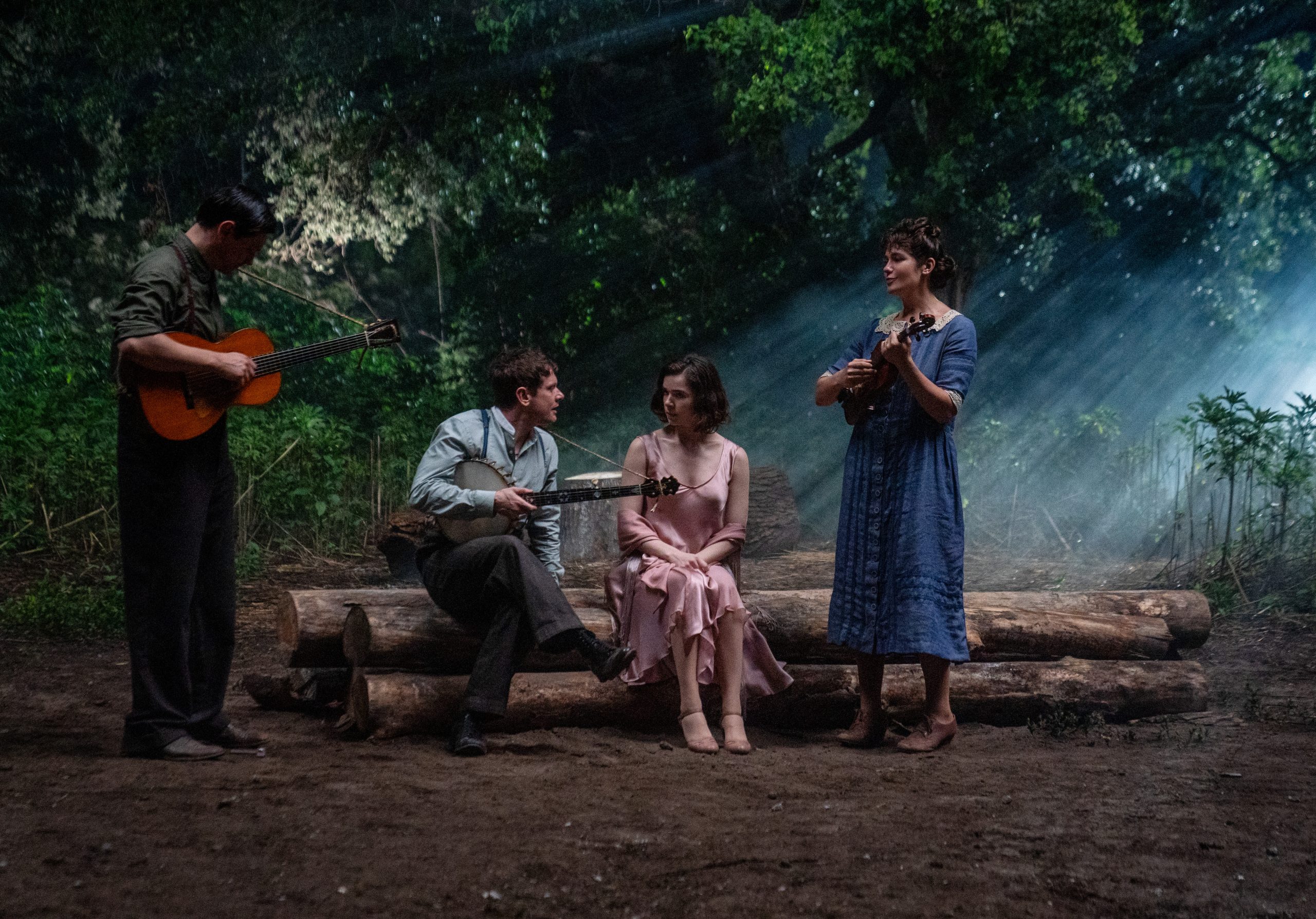
After being denied entry to Club Juke, the trio retreats, performing a hypnotic rendition of the Scottish/Irish folk song “Wild Mountain Thyme” outside the club grounds. The song was especially popular during the American folk music revival and has been recorded by Bonnie Dobson, Judy Collins and Joan Baez, among many other artists.
As the vampire plot unfolds, the musical story takes a bit of a backseat, though a major fight scene between the remaining Club Juke revelers and the ever-growing contingent of vampires does include another major musical number. Led by Remmick, the group performs a chilling, spirited version of the hop jig “Rocky Road to Dublin,” an Irish folk music standard with roots dating back to the mid-19th century.
The next big musical moment comes after the film’s end when, taking a cue from his MCU days, Coogler includes a post-credits scene. Set in Chicago in 1992, the scene features two familiar faces: blues legend Buddy Guy, who plays elderly Sammie, and contemporary blues star Christone “Kingfish” Ingram, a member of the elder Sammie’s band.
Guy, who also performs a version of “Travelin’” on the Sinners soundtrack, was born in 1936 to Louisiana sharecroppers and moved to Chicago to pursue music when he was 21. Shortly after relocating, Guy would meet Chicago blues legend – and Mississippi native – Muddy Waters, who would become his friend and mentor. It’s a full circle moment to close out the film, and one that reinforces the importance of lineage to the blues music tradition.
Unsurprisingly, Sinners is a movie that rewards rewatches. Coogler and his collaborators built a musical world rich with detail and allusion, and did so with what was clearly an enormous amount of love and passion. If you’re a music fan, Sinners is well worth your time – just be careful if you hear a late-night knock at your door.
Sinners is now available to stream on HBO Max and is available to rent VOD. The film is also still showing in a limited number of theaters in select markets.
All images courtesy of Warner Bros. Pictures. Lead Image: Miles Caton as Sammie Moore in Warner Bros. Pictures’ Sinners.
